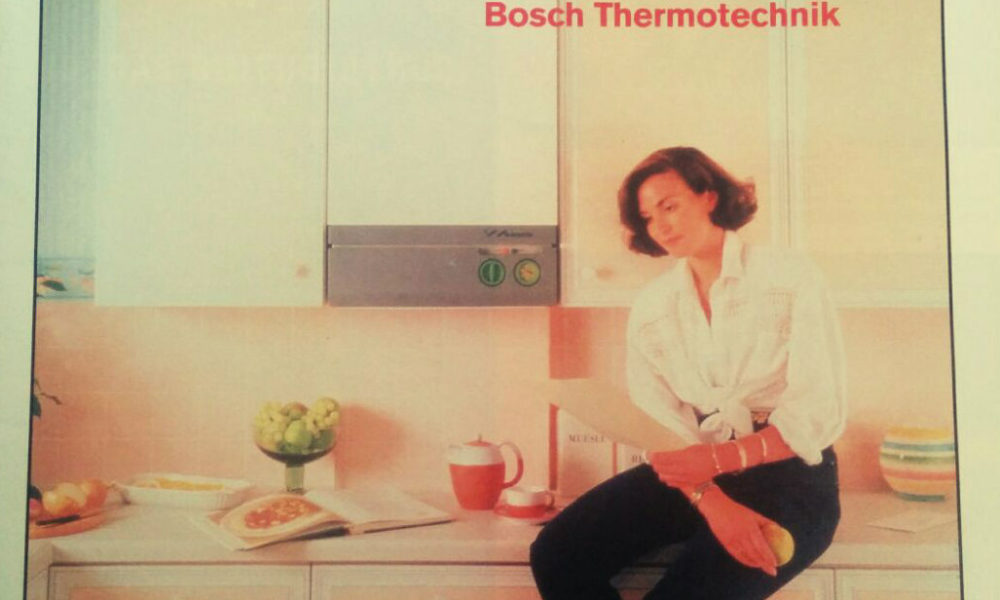
Some thoughts on the nature of distraction
Distraction surrounds us every day in work: from the ambient clatter and noise of the open plan office, to the ringing and beeping of phones, the flurry of emails, and chatter of colleagues. Today I’ve been thinking today about the nature of distraction at work, but particularly in archival work.
Cataloguing requires focus and attention, the careful sifting through of streams of data to try and make order out of chaos. I sit at my desk, my trolley of boxes beside me making a wall, a little archive cave of brown cardboard.
Sitting in my archive cave, I open up a box: will it contain what my box list spreadsheet tells me it does? The spreadsheet says it contains stuff to do with various projects, and that it also contains publications and reports. I’m cataloguing the reports and publications at the moment – I will come to the project papers later on.
I open the box – neat beige folders, slightly discoloured at the edges, clearly annotated with titles written many years ago. Lovely stuff. I just need to find the reports and publications in this box; I should just ignore these other project files for now. They’ll be catalogued later. But it’s hard to resist a peek.
Half an hour later, I’m enthusiastically reading through Isabel Menzies Lyth’s transcripts from a consumer research focus group – housewives discussing their thoughts about a new magazine in the 1960s. It’s set to be a magazine with a difference – not filled with articles on ‘Housecleaning Do’s and Don’ts’ or ‘How to Look Beautiful for your Husband’, but instead intelligent, thought-provoking political and cultural pieces. The transcripts read like a play as Menzies Lyth describes the women who enter the focus group.
Our characters assemble and take centre stage:
No. 1: Grey tweed suit with a sort of floral blouse, early 30s, dark hair. She didn’t attempt to speak to any of the others before the group began.
No. 2: Late 40s/early 50s (?), greying hair, wore a reversible mac, brown on the inside and greeny-patterned on the outside. 2/3/4 struck up a conversation before the group began – they appeared to be roughly in the same age group.
No. 4: Bright red mac, flat heeled shoes, plumpish.
No. 6: Late 30s (?), sandals, no stockings (?), no make-up, glasses, brief case, rather scraped back black hair – my stereotype of the intellectual who can’t be bothered to think about dress.
It’s the afternoon now and I haven’t reached those publications in the box yet; I’m still reading the transcripts. I’m picturing these distinct housewives sat in a circle at the focus group, discussing what it is they want out of a magazine for women:
“They have the sort of ‘does my boyfriend love me?’ articles, but you could have a woman’s philosophy – why her husband doesn’t come home for supper”
“Yes providing they are genuine, not like those things where they show you how to stick cocktail sticks into half a cabbage, and they never tell you that the leaves begin to look tatty”
“I always find in these articles about how to buy your meat, they say ask your butcher, he’ll be delighted to help but he couldn’t care less (laughs)”
“I rather dislike the idea of being talked down to”
I feel like I’m in the room with them, eavesdropping on this chatter. A snapshot of 1960s everyday life. The butcher, the husband, the ambitions, hopes, and desires of the stay-at-home wife.
BUT I should be looking at the publications and reports at the bottom of this box, I remind myself. Stay focused.
People sometimes ask how you avoid distraction as an archivist – don’t you just end up wanting to read everything? Yes and no – sometimes you enter the mechanics of cataloguing as a technique, other times the material invites engagement and you stop and linger on a page.
Thinking about it, these distractions are sometimes like detours, like meandering off the main path, like stopping to pause and take in your surroundings.
And I suppose this sense of being distracted must occur to researchers as well as archivists – those readers who come to the Wellcome Library expecting to find one thing and then stumbling across something completely different. Sometimes I have to remind myself that it’s ok to get distracted, that it’s like memory itself – fleeting and darting and chaotic, but all part of the bigger picture.
Now it really is time to get back to those reports. Straight after a tea break.
Related
About Elena Carter
I am an archivist at Wellcome Library. This means I help look after and facilitate access to the Library’s diverse and unique collections, to allow researchers to explore and engage with history through the lens of the medical humanities. As part of this role, I spend one day a week working on the Tavistock Institute archive project. My particular focus is providing support to the 2017 Festival and audience and research engagement. I worked as the Tavistock Institute’s Archivist between October 2015 and March 2017, cataloguing and making accessible parts of the Institute’s extensive and rich archive. My favourite things: strong tea, long walks, brutalist buildings, veggie sausages.Latest Posts By Elena Carter
- 05.08.17Recreating the War Officer Selection Boards – the Archivist’s experience
- 09.01.16Social Science in Action: reports from Tavistock Institute Archive
- 06.14.16Fitting square pegs into round holes: why a traditional hierarchical arrangement wouldn’t work for the Tavistock Institute archive
- 06.02.16From the Archive
- 06.02.16On Institutional Memory and the Role of the Archivist